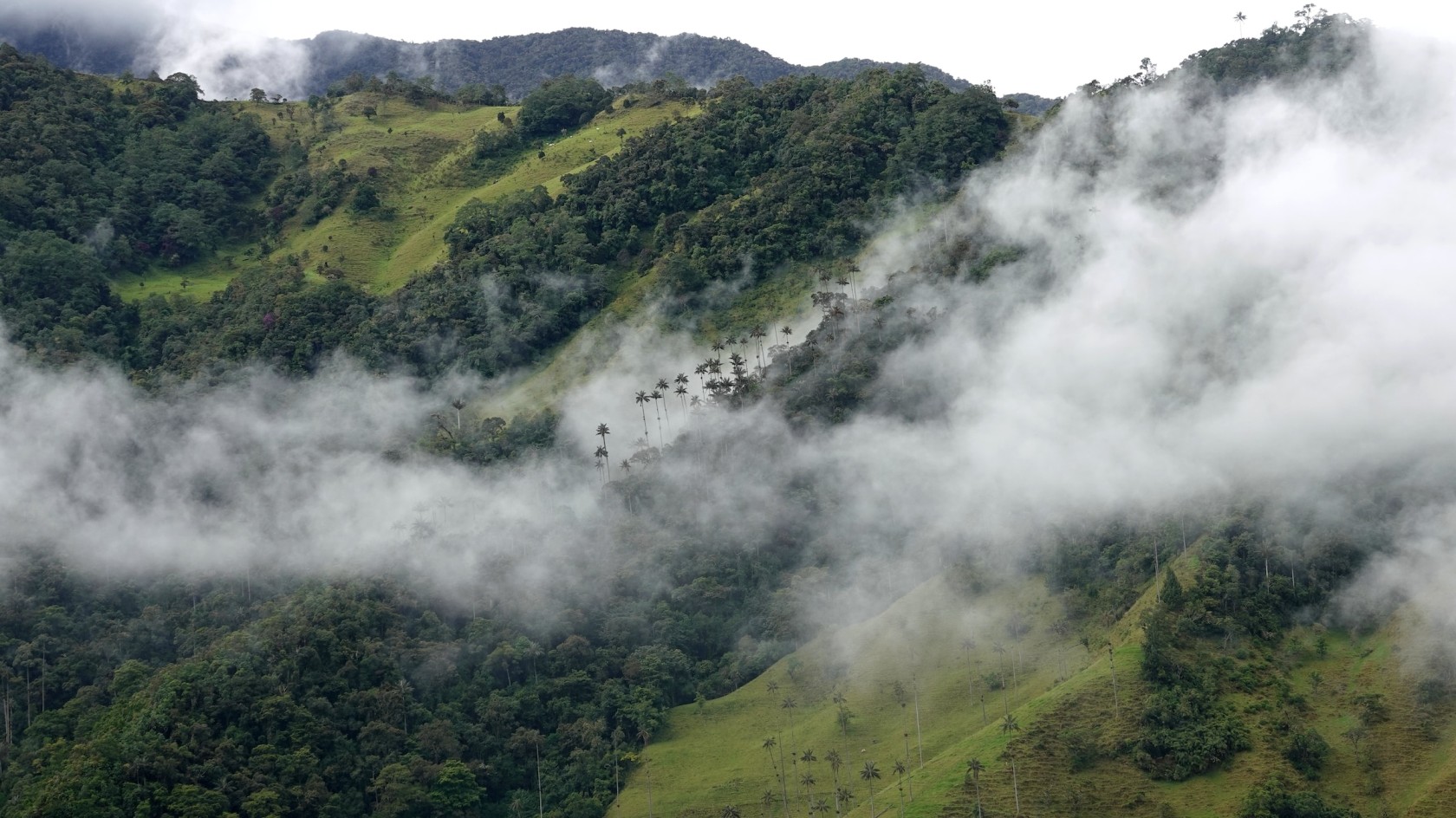We understand the threats climate change brings – from more frequent natural disasters to habitat loss – and recognise the necessity of preparing communities, protecting land, and shielding livelihoods.
The challenges faced by communities and governments are complex and multi-faceted. Palladium brings together knowledge and skills in livelihoods, adaptation, social protection, disaster resilience, and humanitarian response to make real changes in the lives of vulnerable people.
Leveraging our leadership role in the Impact Economy, Palladium takes a multi-sectoral approach to environmental interventions, leveraging technological innovation and local expertise to design solutions that are holistic, adaptive, and suited to context. Our programs consider and incorporate issues of social inclusion, gender, and asymmetrical power relationships, maintaining a participatory engagement process and delivering politically smart, locally-led programs.
In addition to program leadership and implementation, we also provide analyses, reviews, and design plans that include scoping studies, policy planning, program evaluations, and baseline reviews.
Palladium believes market-driven instruments and financing are critical to climate change mitigation and low emissions development strategies. Our approach to climate financing mechanisms integrates legal, economic, and social issues to improve positive impacts for local people, create environmental benefits, and develop financial viability over the long run. Our work engages leaders and stakeholders from communities, governments, the private sector, and civil society.
Our public financing capacity includes procedures for grant management, networking between governments and international funders, and identifying feasible financial incentives for sustainable landscapes and climate-smart agriculture. Given the ever-expanding Impact Economy, Palladium also promotes strategies for engaging the private sector through innovation funds, public-private partnerships, certification schemes, and voluntary standards. Additionally, we conduct feasibility studies and support governments to access global funds for clean technologies. We develop capacity and capabilities to catalyse country transitions to low-carbon economies, and we help build systems and processes to share information, evidence, insights, and analyses among stakeholders.
We offer solutions for the responsible management of natural resources to protect livelihoods and ecosystems.
We support governments and international agencies to develop and implement policies and improve institutional relationships that promote pro-poor economic growth, assist in adapting to climate change, and deliver improved governance and management of natural resources. As a leader in the Impact Economy, we differentiate ourselves through a focus on asymmetrical power relationships in social and ecological systems, and build local capacity through integration and participatory engagement of multiple stakeholders.
Specific areas of expertise include:
- land tenure;
- forestry;
- water and food security;
- evaluation services;
- geospatial analysis;
- model development, and
- policy strengthening.
Access to safe drinking water and sanitation reduces mortality and morbidity; improves economic productivity; and empowers the most at-risk populations, particularly girls and women. Palladium aims to alleviate extreme poverty and improve the well-being of people by scaling up access to safe water, sanitation, and hygiene. We use a multi-faceted approach that operates on many levels – policy and political will, civil society advocacy, and private sector involvement – working with various stakeholders to implement high-impact, evidence-based solutions.
We address issues of water resources within the context of climate change and social inclusion, and, where appropriate, we leverage public-private partnerships and social marketing initiatives to harness the power of the market for positive social impacts.
Specific areas of expertise include:
- water supply, storage, and treatment;
- household and community sanitation;
- hygiene promotion;
- integrated water management;
- irrigated agriculture;
- river basin and watershed management, and
- water policy and advocacy.


